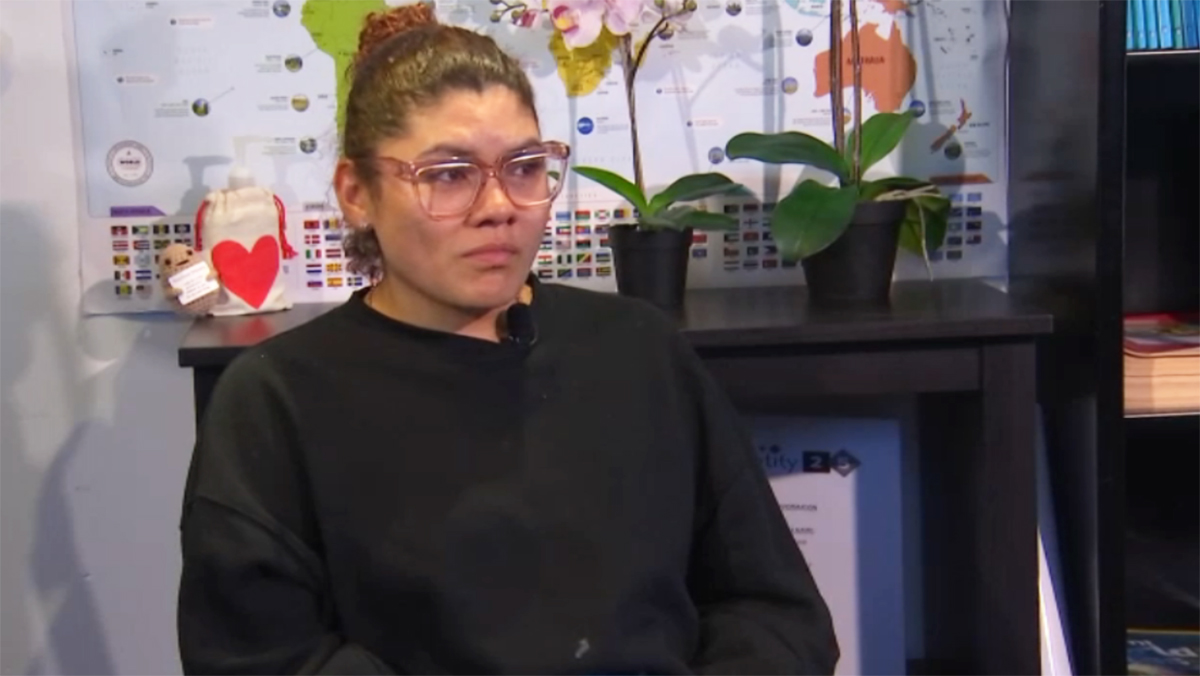This report is part of News4 and Telemundo 44’s Fighting Fentanyl series. Go here for full coverage.
Family after family has told News4 and Telemundo 44 that fentanyl changed their lives forever. Every loved one we spoke with whose child struggled with fentanyl use or even was killed by it said they never imagined the drug would enter their home.
Every parent needs to talk with their child about fentanyl. The News4 I-Team sat down with Dr. Marc Fishman, a Maryland psychiatrist who specializes in addiction treatment, on how to have the crucial conversations. Here are his tips.
Is there a particular age at which we need to start talking about fentanyl with our kids?
“I would say it’s not just talking about fentanyl. Back up a minute and talk about risks writ large, including other substances I think of as pre-fentanyl or pre-opioid … So, that’s nicotine, that’s alcohol, that’s cannabis … So, starting early – 11, 12, 13, before they’ve even met those risks is when to talk about it.”
I had a conversation with my kids, one 9, one 21, and said ‘Don’t take anything from other people. Don’t take pills. Don’t take gummies. Don’t take candy. Don’t take anything because of things being laced.’ How much of an issue is this?
“We don’t know what’s on the street. And what we do know is that things are marketed, as you say, as Adderall, as Xanax, as oxycodone, as Percocet, as whatever. And it’s often, if not always, pressed fentanyl … This is 50 times more powerful than heroin, 100 times more powerful than morphine.”
What warning signs should we look out for that suggest to us that our kids are using drugs?
“We know from the data that parents are notoriously bad at recognizing and knowing when their kids have started to get into substance-use problems. So, the thing to get better at is looking for signs of change and deterioration … What's the decline in the trajectory? They used to be into such and such fun thing – art, sports, school, friends – and now they’re losing it?”
What do you do? Who do you call for help?
“I would start with whatever trusted health caregiver you have access to. Is it the pediatrician? … Don't stop until you get connected with somebody. Maybe it's not a doctor. Maybe it's a school counselor. Maybe it's a member of the faith community who's connected to a network of advice. But keep asking and don't give up until you get a yes.”
What do you say to parents who say, this can’t happen to my kid?
“Well, that’s an error. It can happen to anybody. It is a common, tragic event … Don’t assume that you have some force field because of class, because of social standing … Pay attention. Talk to the kids. Have the conversations … It is an equal-opportunity evil.”
What if you try to talk to your kids about fentanyl and they put up a wall? How do you break through, especially with teenagers?
“You don't need to be their best friend … Have a listening ear. Be sympathetic … Never make the mistake that they don't carry your voice around in their heads, even if they don't follow it immediately … You told them to be careful who you fall in love with and maybe wear a condom. You've given them all of that risk behavior all along. This is the same kind of thing. Stick to your guns.”
Can you offer some hope? Does treatment work?
“Treatment works … One of the best things I can say to kids and their families is, don't give up on this.”
“There is light at the end of the tunnel. We have effective treatments. Stay engaged. And if it's three steps forward and two steps back, that's OK. Keep connected. Keep coming back. Never give up.”
If you need help for a young person struggling with fentanyl use in the D.C. area, many resources are available. Go here for information on how to find help.
Reported by Susan Hogan, produced by Rick Yarborough and Andrea Swalec, edited by Perkins Broussard




